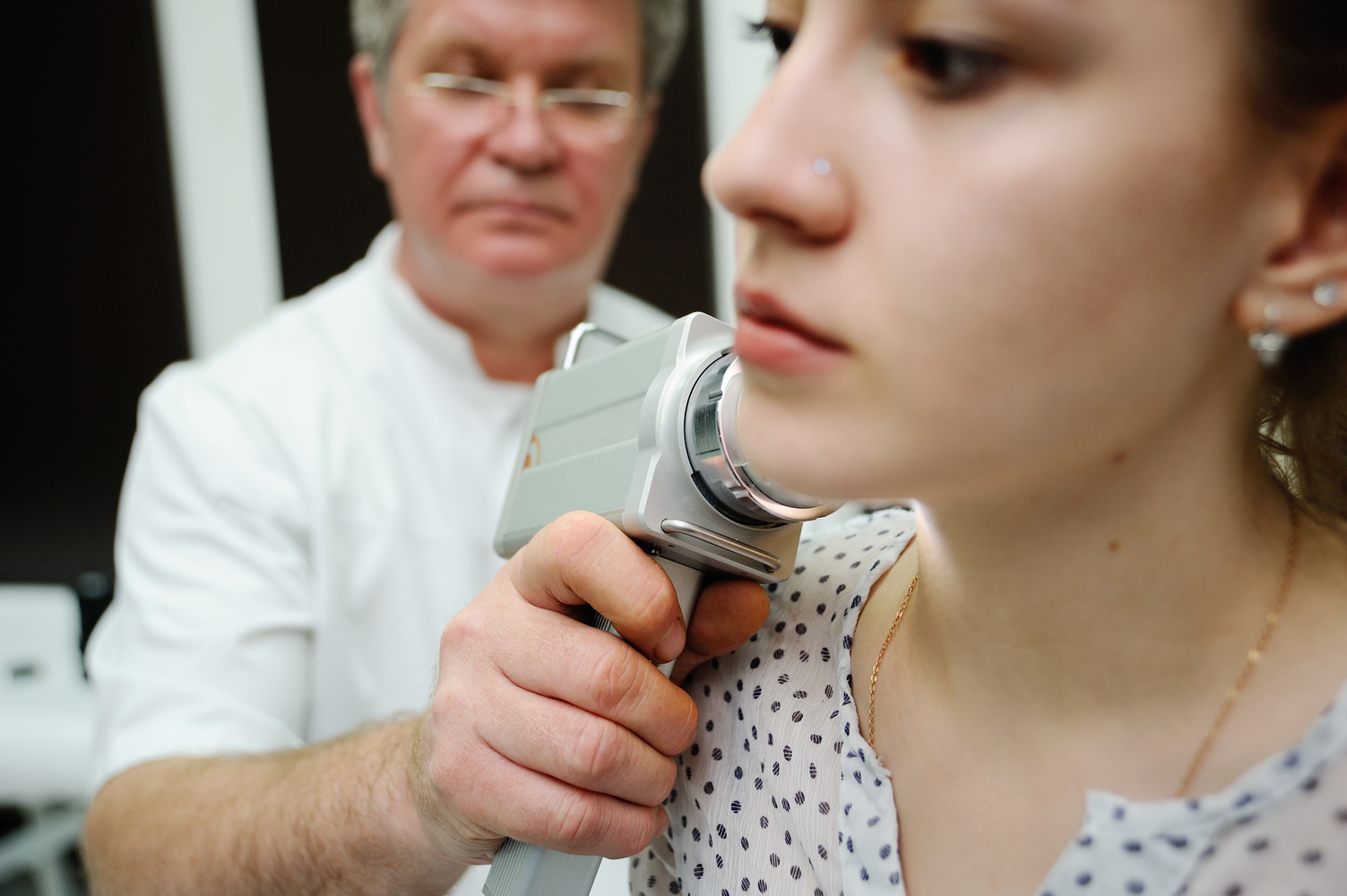
Common FAQs associated with melanoma treatments
Melanoma is quite an aggressive form of skin cancer, and when one is dealing with this condition, it is not enough to know about melanoma but also about all aspects of it including treatments. Some of the commonly asked questions about melanoma treatment are answered herein. Let’s discuss a few important aspects of melanoma including common treatment options, prevalent side effects associated with treatment, and the types of health care providers who treat melanoma:
1. Recommended melanoma treatment options
The most obvious course of action to treat early to stage 3 melanoma is surgery, which will be a wide excision including the removal of lymph nodes that have been affected by the cancer cells. In some cases, there might be a more extensive surgery needed based on the areas affected and how far the cancer cells have spread. In case there is scarring or any form of disfigurement due to the surgery, a plastic or reconstruction surgery would be additionally recommended. This is the option in the case of metastatic tumors that need to be removed as well because they may be spreading or growing in other parts or organs of the body. In addition, some other forms of treatment that may be prescribed as a stand-alone solution or in a combination of two or more are chemotherapy, targeted therapy, immunotherapy, and radiation therapy. The function and objective of each of these are different and the reaction to each form of treatment varies from person to person as well.
2. Common side effects of melanoma treatment
In the case of surgery, one can expect a level of pain, bruising, swelling, or nerve damage on the basis of the intensity of the procedure. If there is a removal of lymph nodes involved, then there will be the occurrence of a condition called lymphedema that causes swelling as a result of the lymphatic fluid buildup. In the case of chemotherapy, radiation therapy, immunotherapy, and targeted therapy, the use of the different medications can cause a wide range of symptoms such as fatigue, nerve damage, rashes, mouth sores, vomiting, and nausea. In the case of the use of radiation therapy, there can be extensive skin irritation along with skin-related discomfort. There is no set bag of symptoms that everyone will experience, and the side effects are purely dependent on each individual’s own body type. These may exist only for a short duration during or after the melanoma treatments or could even last for longer periods after treatment, again depending on the individual.
3. Health care providers and doctors that handle treatments
As much as understanding treatments, one also needs to be sure that they are in the right hands and not getting on to a treatment action without the right plan. This will require a team of care members who are specialists in their respective areas. Some of the specialists who take part in melanoma treatment are:
- Dermatologists
The main doctor who helps with the diagnosis and helps with the identification of the stage. - Radiation, medical, or surgical oncologists
The specialist will be chosen on the basis of which course of treatments one is going in for. - Plastic surgeons
They are required in case one has to undergo any form of reconstruction on the area that underwent surgery.


